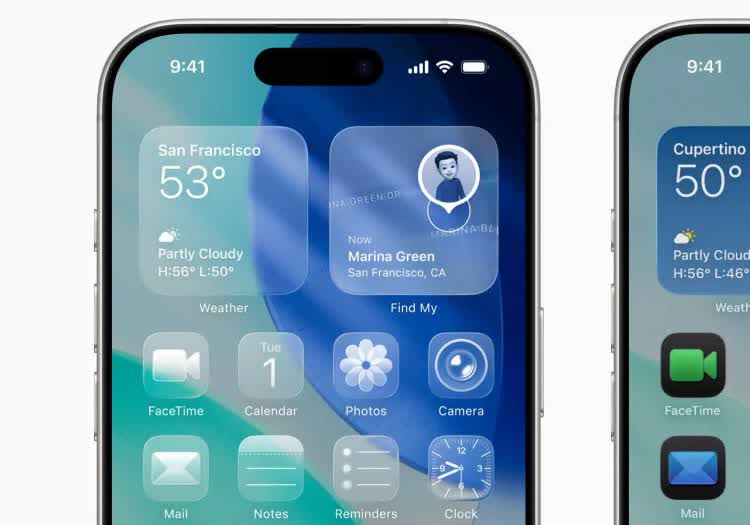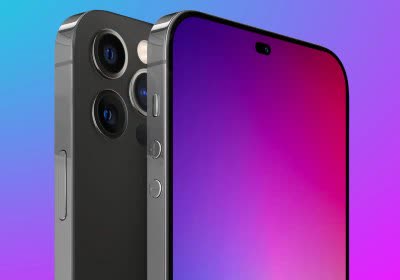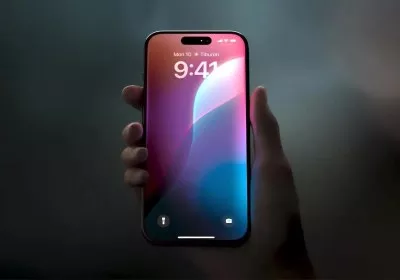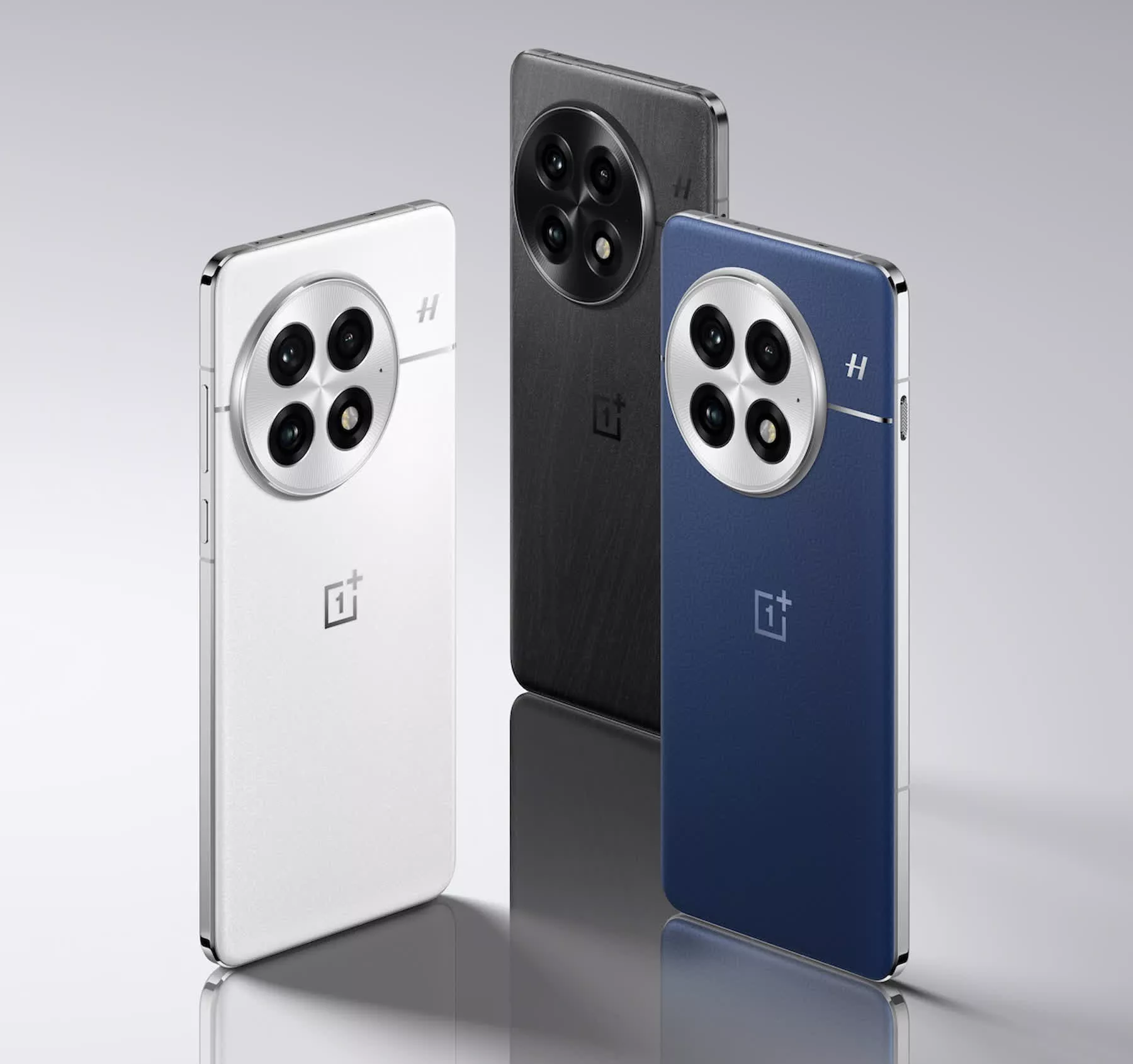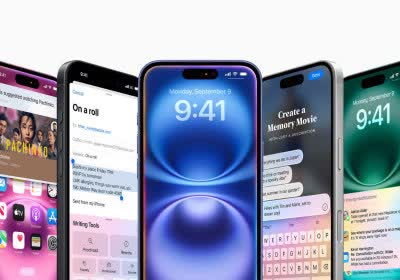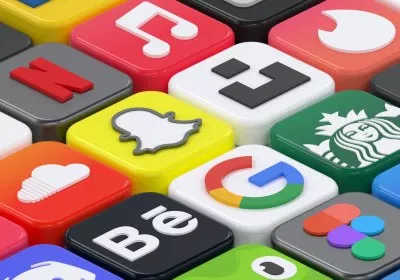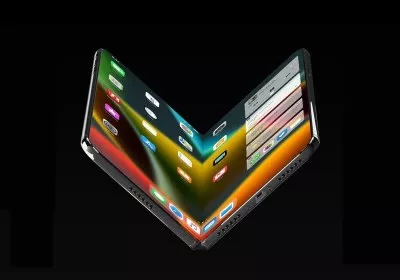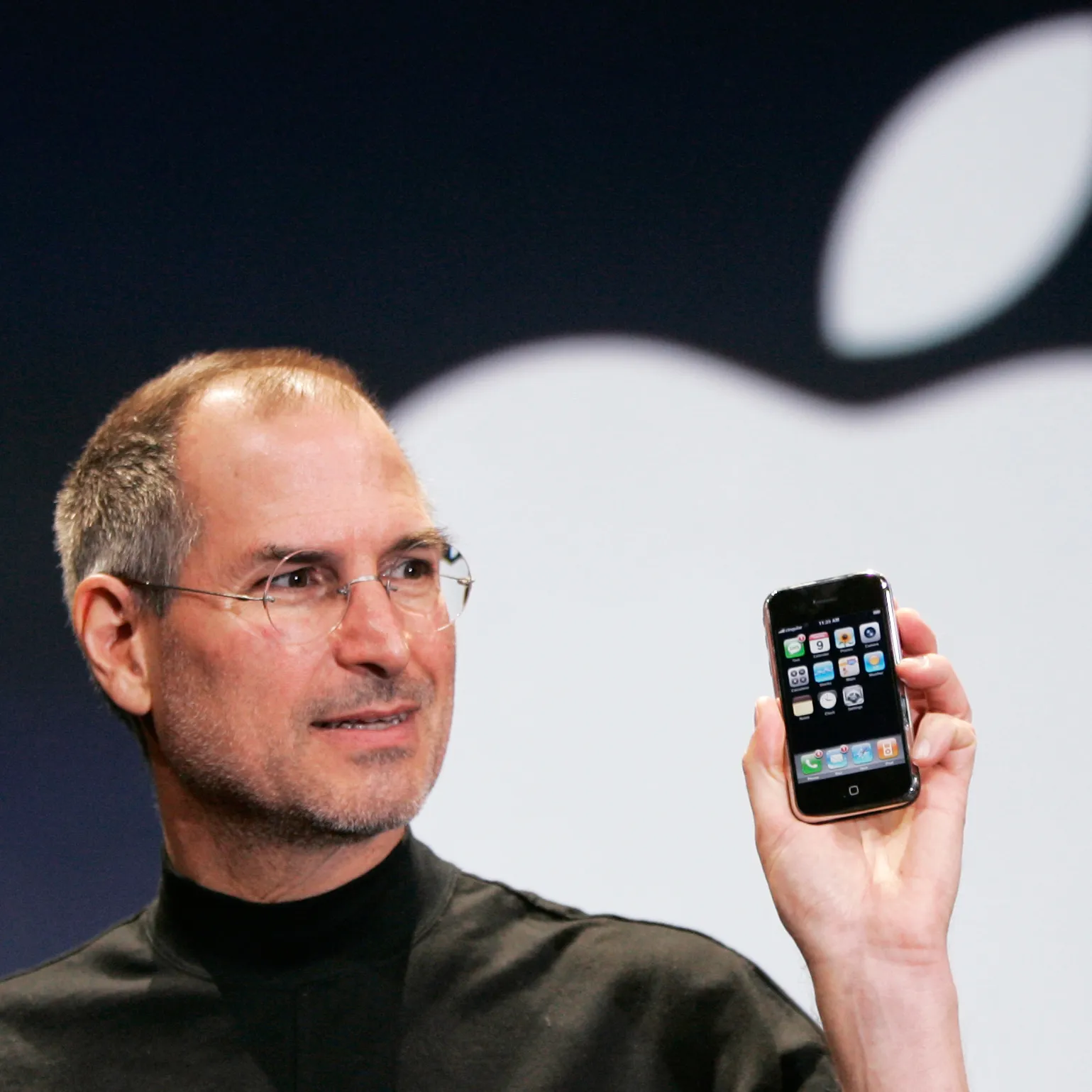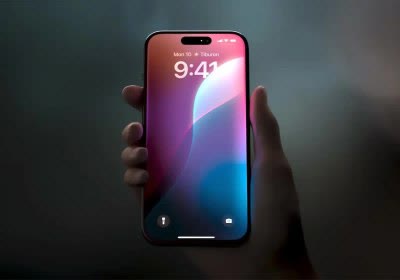Apple built a custom camera using iPhone tech to shoot real F1 races
Built to comply with F1 rules and regulations
Apple iPhone 18 Pro Max and foldable iPhone get first dibs on TSMC's 2nm process, A20 chip
Arriving in late 2026, the A20 chip promises better performance without added power
Stolen iPhones disabled by Apple's anti-theft tech after Los Angeles looting
California has ramped up penalties for smash-and-grab robberies
Microsoft trolls Apple's new Liquid Glass UI for looking like Windows Vista
Has iOS 26 actually gone back to 2007?
The iPhone gets a refreshed UI with Liquid Glass in iOS 26, extending across all Apple operating systems
Also: new call and messaging functions, Mac-like multitasking for iPadOS
Apple hasn't given up on haptic buttons for iPhone, iPad, and Apple Watch
Accidental touches remain the biggest obstacle in Apple's buttonless ambitions
Apple reclaims top spot as iPhone 16 becomes the quarter's best-selling phone
Low-end smartphones gain ground amid Apple's market leadership
The Best Phones for Every Budget - 2025 Update
Looking for a new phone in 2025? Whether you're into premium power, great value, or lasting reliability, our guide covers the best picks for every type of user across iPhone and Android.
iPhone shipments in China plunge nearly 50% as local brands surge
Subsidies, a slow AI rollout, and anti-US sentiment are all having an impact
Trump warns Apple CEO Tim Cook against expanding iPhone assembly in India
"I don't want you building in India"
Apple will use AI and user data in iOS 19 to extend iPhone battery life
Apple will showcase iOS 19 at WWDC next month, biggest UI redesign since iOS 7
The ultra-thin iPhone 17 Air: where Apple may cut corners – and where it won't
Battery life could be the biggest disappointment
Apple could increase iPhone prices, but won't blame Trump's tariffs
Has Apple learned from Amazon's tariff backlash?
Apple's Eddy Cue: AI search is coming to Safari, Google queries are falling, and the iPhone may be obsolete in 10 years
Google denies its search query volume is declining
What just happened? Apple's Eddy Cue testified in court yesterday in the remedies phase of the DoJ's lawsuit against Google parent Alphabet, and he had a lot to say. Cupertino's SVP of services said people "may not need an iPhone 10 years from now," AI could replace traditional search engines, and Apple expects to introduce AI services to Safari in the future. He also said search query volumes on Safari, which uses Google as the default search engine, declined last month, a claim that Google has denied.
You can finally buy ebooks through Amazon Kindle apps on your iPhone and iPad
Taking advantage of recent rulings against Apple's App Store policies
"App Store Freedom Act" would force Apple and Google to allow third-party app stores
Sideloading and third-party payments on mobile devices... by default
Apple to change iPhone launch schedule in 2026 with foldable, Pro, and Air models
Apple plans two-phase iPhone release strategy to manage expanded lineup and boost sales
Apple iPhone: The Gadget That Rewired Modern Life
The iPhone redefined technology and culture. More than a phone, it merged music, communication, and the web – transforming not just gadgets, but how we connect and create.
Meta, Spotify, and others unite to challenge the Apple-Google app store duopoly
The walled gardens will crumble if the new alliance has anything to say about it
Court orders Apple to open App Store to competition, Epic Games wins
"Apple knew exactly what it was doing and at every turn chose the most anticompetitive option"
A hot potato: A federal judge in California has delivered a decisive blow to Apple's longstanding control over its App Store, ordering the tech giant to immediately halt practices that have limited competition and maintained high commissions on app sales. This ruling concludes a five-year legal battle initiated by Epic Games, the creator of Fortnite, which challenged Apple's dominance in the digital app marketplace.
Why Apple can't easily move iPhone production to the US: 2,700+ parts, 187 suppliers, 28 countries
Just 30 Apple suppliers operate entirely outside of China
Apple races to shift iPhone production for the US to India by 2026
Right now, about 80% of iPhones sold in the US are made in China
Apple's latest iPhone update fixes two zero-day security flaws exploited in targeted attacks
The vulnerabilities also affect iPads, Macs, Apple TVs, and Vision Pros





